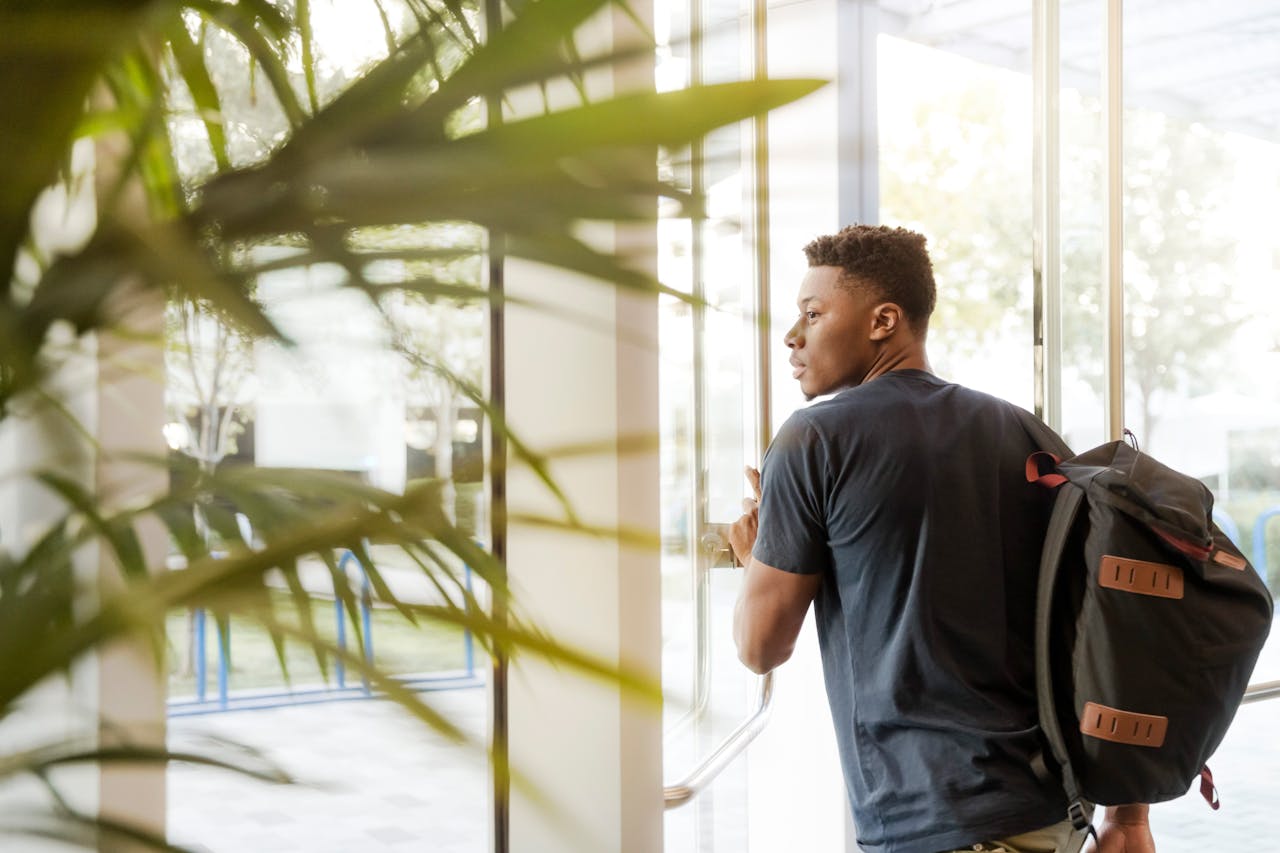
September 1, 2024
Black Enrollment Drops At Some Elite Colleges
In the first year after the Supreme Court's affirmative action ruling, Black enrollment at elite schools is trending down.
With the first year’s data since the Supreme Court ruled that affirmative action as practiced by the nation’s colleges and universities was unconstitutional, it is becoming clearer that Black enrollment is trending down at elite or more selective universities since the Court’s 2023 ruling.
According to The New York Times, although Black enrollment at elite universities is decreasing, enrollment numbers at other universities seem unclear. For example, at Amherst College, Tufts University, and MIT, Black enrollment went down by 8%, 3%, and 10%, respectively.
In comparison, the outlet reported that the University of Virginia, a public university, only experienced a slight decrease in its share of Black students, indicating that less selective schools may not feel the impact as elite universities appear to.
Although the picture painted by school enrollment data is still developing, supporters of affirmative action have been warning that the upending of affirmative action policy will have a negative and immediate impact on diversity at universities. That hypothesis is, however, difficult to prove, given the Supreme Court ruling also keeps admissions officers from looking at applicants’ races unless it happens to come up organically.
Matthew L. McGann, Amherst College’s admissions dean, told the Times that the Supreme Court’s ruling has directly affected the college’s numbers.
“As a consequence of the Supreme Court’s decision, the incoming class is not as racially diverse as recent classes have been. Other institutions have seen a similar impact, and all colleges and universities are evaluating the outcomes of this first admission cycle under the new legal standard,” McGann said.
In contrast to supporters of the policy, critics of affirmative action say that the drop in enrollment will be temporary, while universities, like the University of Virginia, implement their workarounds for the current state of affirmative action.
The University of Virginia, located in Charlottesville, Virginia, has created partnerships with public schools in low-income communities to recruit a diverse student body.
According to Justin Driver, a Yale Law professor and an expert on the Supreme Court’s education rulings, the program exemplifies how institutions can be creative in utilizing solutions to a problem created by the Supreme Court.
“It is a fine example of how universities can be creative, consistent with the Constitution, to avoid the plummeting enrollment of Black students that some universities have already witnessed,” Driver told The New York Times.
Amherst’s President, Michael A. Elliott, described to the outlet how a seemingly small drop in enrollment numbers can change how students experience life at his university.
“On a small campus, the drop in demographic population can change the experience for those students. One of the unfortunate circumstances of the ruling is that it might diminish the sense of belonging that a student feels here. And we do not want that to occur,” Elliott said.
RELATED CONTENT: MIT Sees Massive Drop In Black Enrollment After Supreme Court Overturns Affirmative Action Ruling